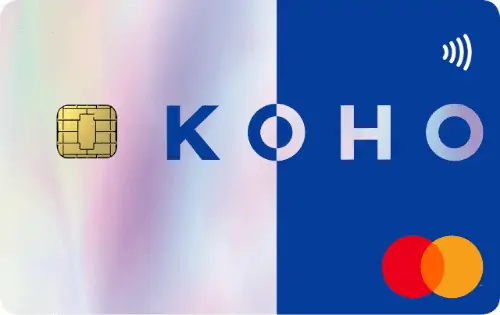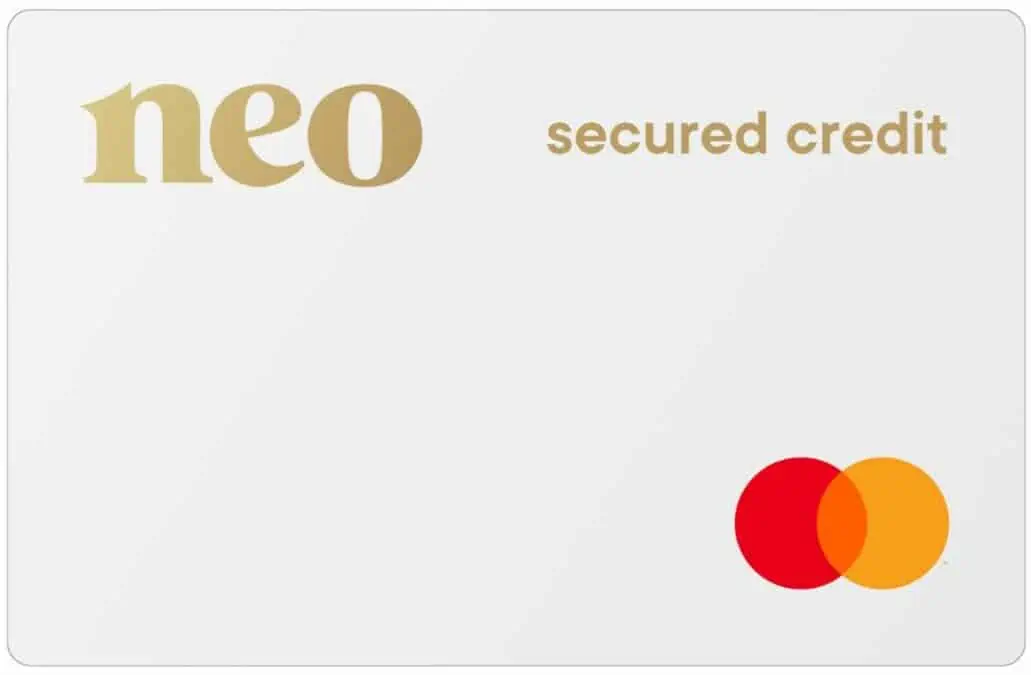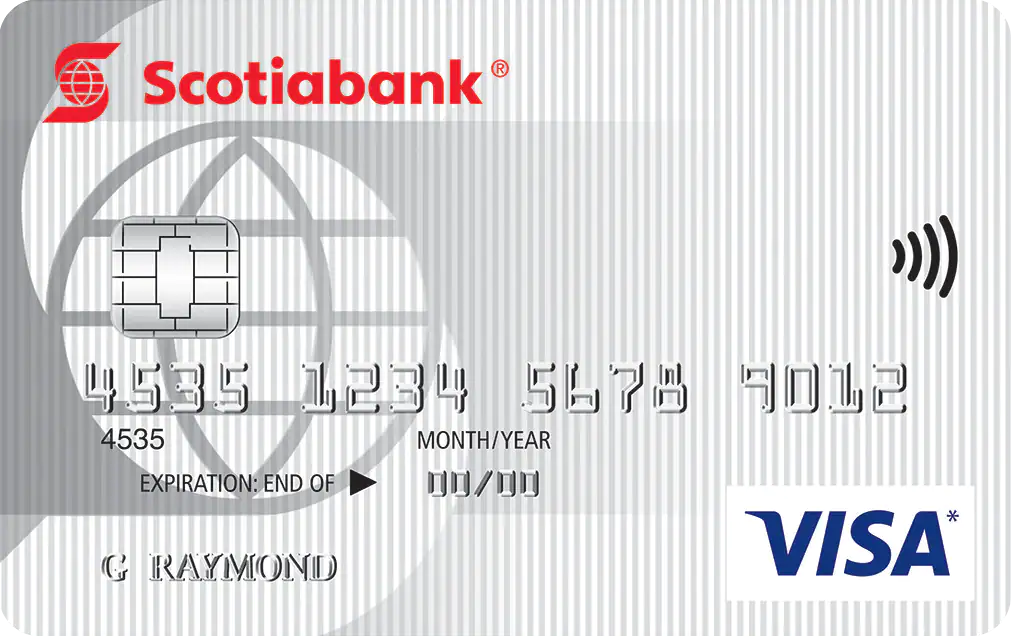When you or a financial institution check your credit score, an inquiry gets logged on your credit report. This credit trail on your credit profile can impact your credit score and affect how lenders view your creditworthiness.
Whether a credit check hurts your credit score will depend on whether it is a hard inquiry vs. a soft inquiry.
In this article, you will learn which credit checks lower your credit score, how to check your credit score for free using Borrowell and Loans Canada, and why checking your score frequently is a smart thing.
Will Checking Your Credit Score Hurt it?
Pulling your own credit score report from free online sources or directly from the credit bureaus does not hurt it.
However, when a lender or credit card issuer checks your credit to process your credit application, it may lower your credit score. Let’s dig in.
What is a Soft Credit Inquiry?
A “soft inquiry” occurs when you pull your own credit score for informational purposes. While these checks are recorded on your credit report, they are only visible to you and have no impact on your credit score.
Soft credit inquiries may also occur when:
- An employer conducts a background check and checks your credit profile
- A lender checks your profile to pre-qualify you for credit before submitting an application
What is a Hard Credit Inquiry?
A “hard inquiry” occurs when a lender pulls your credit to determine whether to approve your loan or credit card application. Lenders must obtain your permission before making a hard pull on your credit profile.
Examples of credit applications that result in a hard inquiry include:
- Credit cards
- Car loan financing
- Mortgage loans
- Personal loans
- Student loans

Impact of Hard Inquiries on Your Credit Score
Hard credit inquiries stay on your credit report for a few years and may lower your credit score. From my experience, a hard inquiry may lower your credit score by 5-10 points.
If there are no other negative factors limiting your credit profile (e.g. missed payments, high credit utilization), the impact of a hard inquiry should be short-lived.
Several hard inquiries on your credit within a short timeframe can indicate to lenders that you are in serious financial trouble, and they may be unwilling to extend you credit.
You may also not qualify for competitive rates or be required to provide a security deposit.
If you are shopping around for the best rates (such as a mortgage), do so within a 30-day period, so that only one of the inquiries impacts your score.
Note that this does not apply to credit card applications.
How Long Do Hard Inquiries Affect Your Credit Score?
Hard inquiries remain on your credit report for up to 36 months, i.e. three years.
This is a shorter timeframe than other negative information, e.g. missed payments and court judgements that stay on your record for six years.
Recent hard inquiries carry more weight than those that have been on your report for longer than 12 months.
Other Factors That Affect Your Credit Score
Hard inquiries are just one of the factors that affect your credit score. Other things that affect your credit score include:
Payment History: Whether you pay your bills on time or are on the hook for late and missed payments. Your payment history has the most impact on your credit score.
How Much You Owe: This is referred to as credit utilization. The amount of credit you have used from the total available affects your score. Try to keep it below 30%.
Credit Mix: Having different types of credit accounts, such as mortgages, credit cards, and personal loans, influences your credit score positively if you manage them well.
Length of Credit History: The longer a credit account is open, the bigger its impact on your score. An old credit account shows lenders how you have managed credit over time.
How To Check Your Credit Score For Free
It used to cost $20 a pop to access your credit score; however, there are now companies that offer it for free, including:
Borrowell: They offer access to your credit score, which is updated weekly. You also get a free copy of your credit report. The credit score you obtain using Borrowell is your Equifax credit score (ERS 2.0), and checking does not hurt it.
Get your free credit score from Borrowell or read this Borrowell review.
Loans Canada: This company provides an Equifax credit score for free on its platform. You can also use it to compare loan rates and more. Visit Loans Canada.
Credit Karma: This company provides access to your free TransUnion credit score.
The credit score you get from these companies may vary slightly due to differences in the algorithms used by credit bureaus.
You can also obtain your credit score directly from Equifax and TransUnion; however, it may cost you up to $24.95 monthly.
Why You Should Check Your Credit Score
Checking your own credit score and report does not hurt it and is important for ensuring that:
- You are aware of your overall financial health and can make adjustments when necessary
- You can detect identity theft or fraud quickly
- You can watch your progress as you work to improve your credit profile
Frequently Asked Questions
Regardless of where you obtain your credit score, there will likely be differences. Equifax and TransUnion credit scores vary due to differences in the proprietary software used by these agencies, as well as different weightings applied to the risk factors.
For a free Equifax credit score, try Borrowell. For a free TransUnion credit score, I use Credit Karma.
When lenders perform a “hard pull” on your credit, it may lower your score temporarily by a few points. This tells other lenders that you are seeking credit and could be a high-risk borrower. A hard inquiry does not prevent you from qualifying for credit. However, multiple hard inquiries over a short period of time could make it difficult to qualify for the best rates.
Typically, no more than 5-10 points. It may even be less if you have a strong credit profile. This drop is temporary, and if you use a credit card responsibly, your score bounces back quickly.







